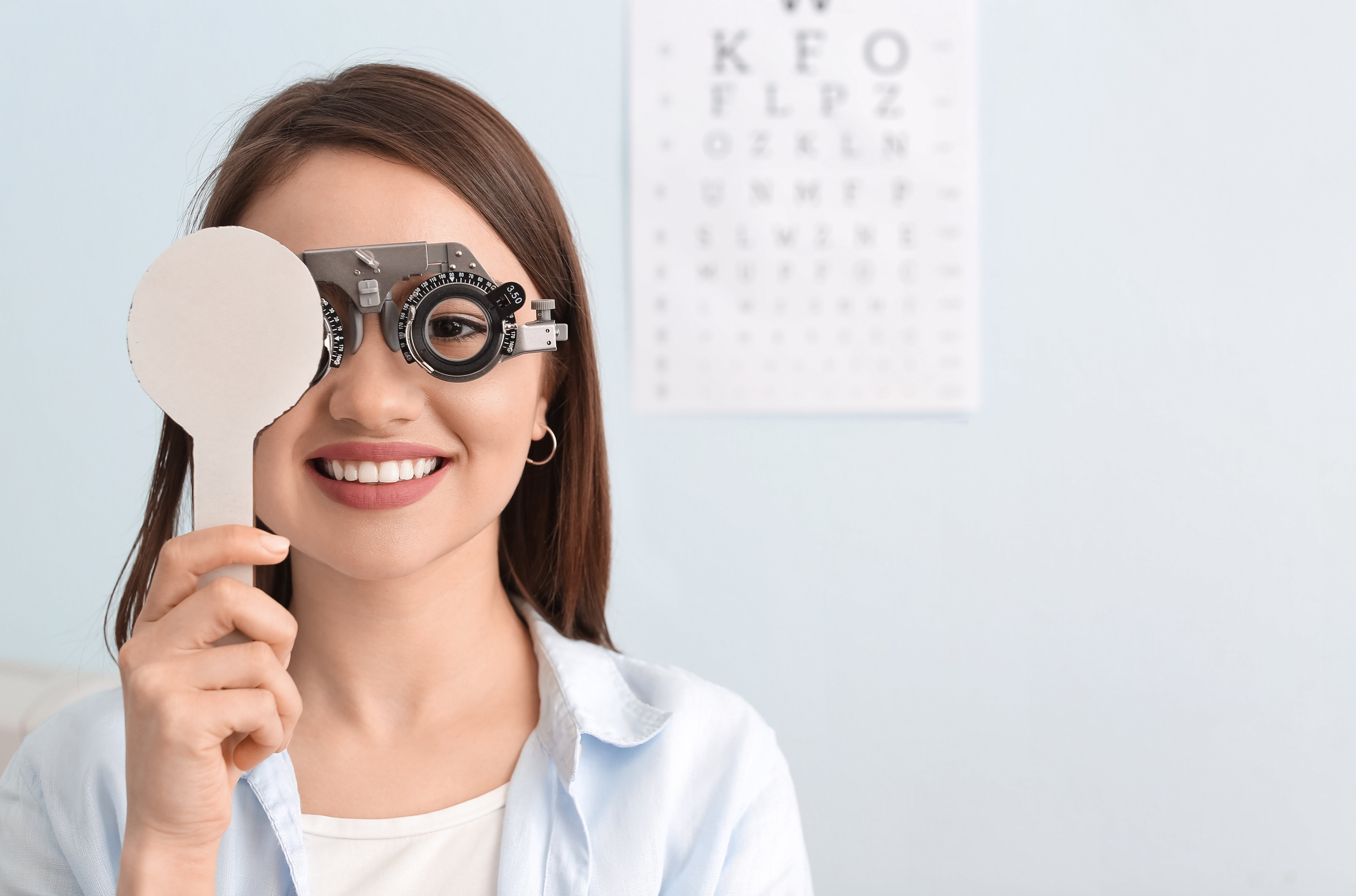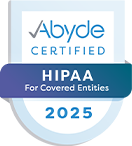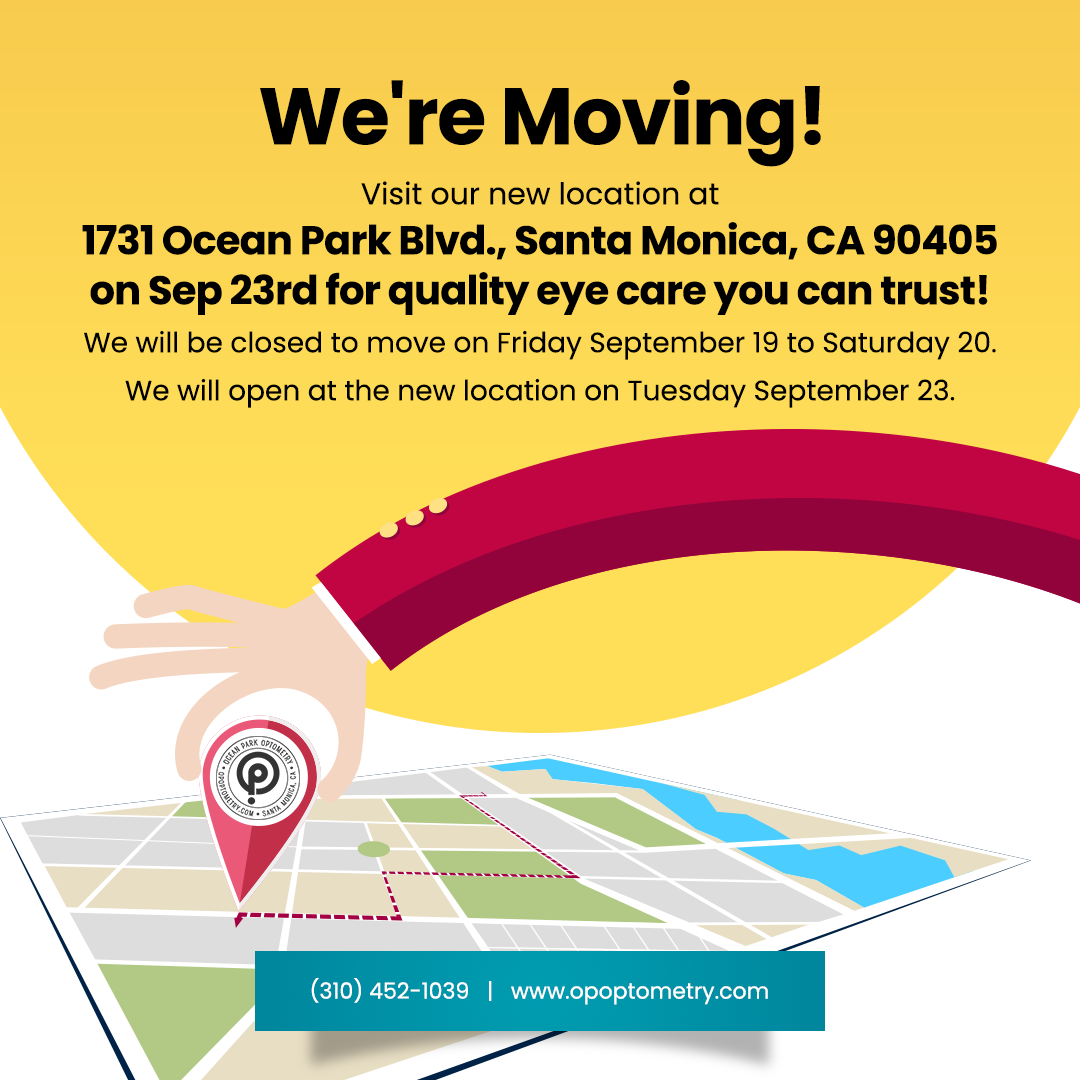
Nearsightedness or myopia is a vision condition where near objects are clear while distant ones appear blurry. The condition happens when the eye shape causes light to refract or bend incorrectly.
The condition makes images focus in front of the retina, not directly on it. Nearsightedness usually onsets in childhood, and it can develop rapidly or gradually. Eye tests can help diagnose myopia. You can find out your options for correcting nearsightedness.
Prescription Lenses
Most people choose to wear corrective lenses to treat nearsightedness. The lenses function by counteracting the cornea curvature or increasing the eye length. Prescription lenses are available in the form of eyeglasses and contact lenses.
Eyeglasses are safe and easy to use. They are available as single vision, bifocal, and progressive multi-focal. Meanwhile, people wear contact lenses directly over the eye, with the lenses available in different materials and designs.
LASIK Eye Surgery
Laser-assisted in situ keratomileusis or LASIK is a surgical vision correction procedure. During the procedure, an ophthalmologist cuts a flap in the outer eye layer, the cornea, before fixing the tissue underneath.
LASIK is a popular eye correction option, but it is not suitable for everyone. Those with chronic eye issues, pregnant or nursing mothers, and people with a high prescription may not qualify. Refractive surgery is ideal for patients who do not want to wear lenses.
Orthokeratology
Orthokeratology or ortho-k is a non-surgical corneal refractive therapy that can help correct myopia. The treatment helps slow down the progression of nearsightedness. It involves the use of rigid contact lenses that people wear overnight.
The lenses reshape the cornea as you sleep. You remove the lenses in the morning, and you can see all day without wearing glasses or contacts. You can use ortho-k for as long as necessary. Halting treatment reverses the results.
LASEK
Laser-assisted subepithelial keratectomy or LASEK is a surgical procedure where a thin flap is created in the epithelium, the cornea’s protective cover. Using a laser, the surgeon reshapes the cornea, flattening the curve, before replacing the epithelium. Refractive surgery is not reversible.
PRK
Photorefractive keratectomy, or PRK, is a procedure that helps correct mild to moderate nearsightedness. The surgeon permanently removes the epithelium before using the laser to shape the cornea. The epithelium grows back naturally, conforming to the new shape of the cornea.
SMILE
Small incision lenticule extraction or SMILE is a relatively new procedure. It is an alternative to LASIK. The process involves reshaping the cornea and is ideal for active individuals. The technique does not create a corneal flap that can become dislocated during high activity.
Regular Eye Exams
The best way to ensure that you protect your vision is by scheduling regular eye exams. The exams can help detect vision problems. Regular eye exams will help you get updated prescriptions. The eye doctor at Ocean Park Optometry will also look for signs of eye diseases such as glaucoma and cataracts. The doctor will recommend the best schedule for your appointments. If you notice any changes in your vision, visit the eye doctor immediately.
Some treatments can help stop or slow down myopia progression. They include topical atropine drops, spending more time outdoors, and using dual focal lenses.
For more options for correcting nearsightedness, visit Ocean Park Optometry at our office in Santa Monica, California. You can call (310) 452-1039 today to schedule an appointment.













